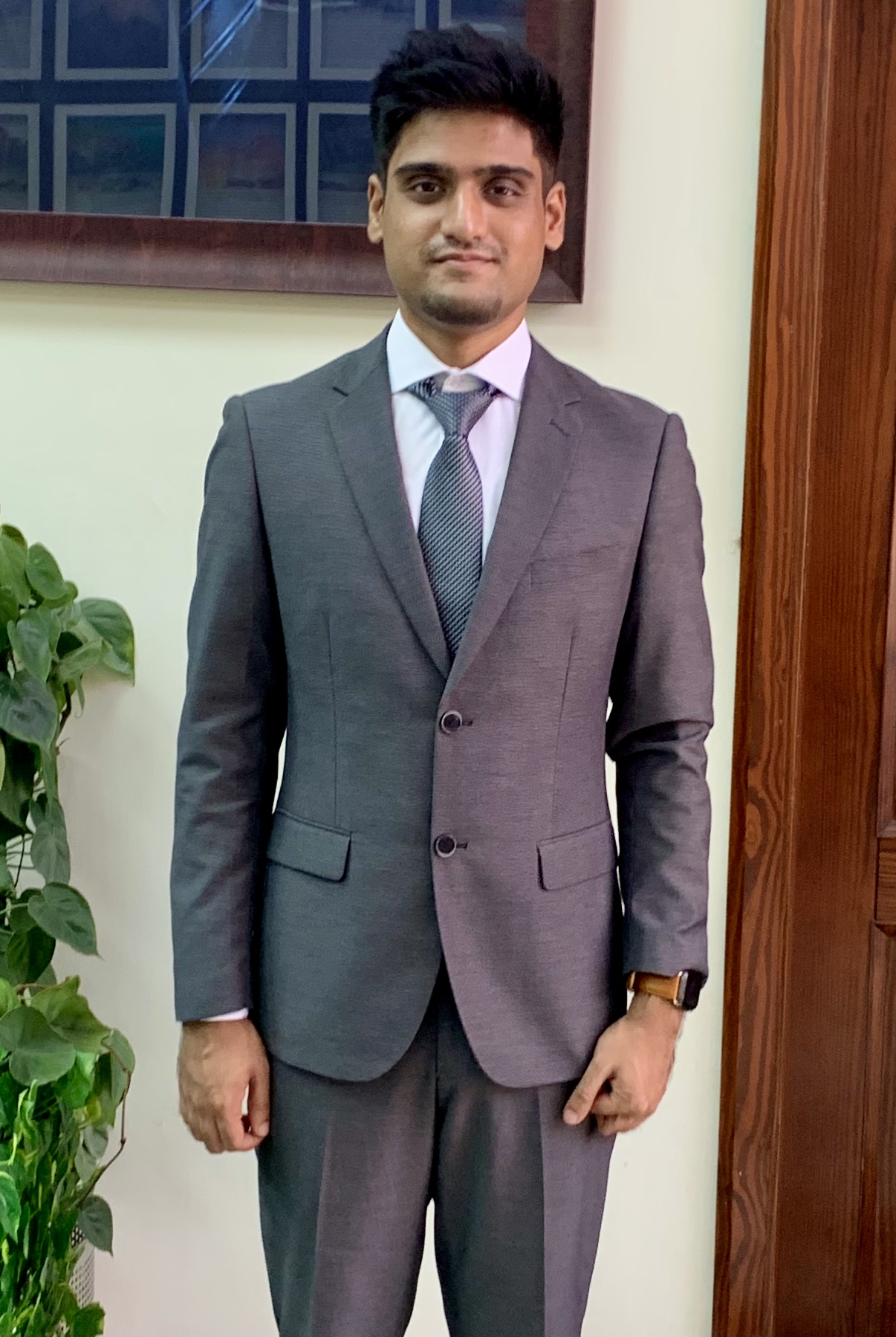Muhammad Hammad Khalid

With more than three years of research experience at Beijing Key Laboratory of Passive Safety at Beijing, China, Hammad has commenced his PhD at University of Illinois Urbana Champaign. He has worked previously on safety analysis of a Pebble Bed Reactor (PBR), a facility based at Tsinghua University in China.
Hammad kicked off his engineering career in 2013, when he started his Bachelor’s degree in Mechanical Engineering at Pakistan Institute of Engineering and Applied Sciences (PIEAS) based in Islamabad, Pakistan. During that time, extensive courses primarily in Mechanics of Materials, Heat Transfer, Fluid Mechanics and Probability and Statistics strengthened his technical expertise. His Final Year project was a part of Shell Eco Marathon, a global car manufacturing competition, in which he led his team and was responsible for safety analysis of his car’s chassis.
After graduating in 2017, Hammad got the prestigious Chinese Government Scholarship in his desired field of interest at Beijing Key Laboratory of Passive Safety, China. He started working as a Research Assistant in 2017, where he was responsible for risk assessment on an HTR-10 High Temperature Gas Cooled Reactor. It was part of his Master’s degree in Nuclear Energy Science and Engineering at North China Electric Power University, Beijing China. He worked on Discrete Element Method to probe into the jamming phenomenon associated to pebbles (fuel balls) inside a pebble bed reactor.
Presently, Hammad is in his first year of PhD and working on a probabilistic validation and risk importance ranking methodology for automation inside Nuclear Power Plants. His research interests include mechanics of materials, solid mechanics and DEM.